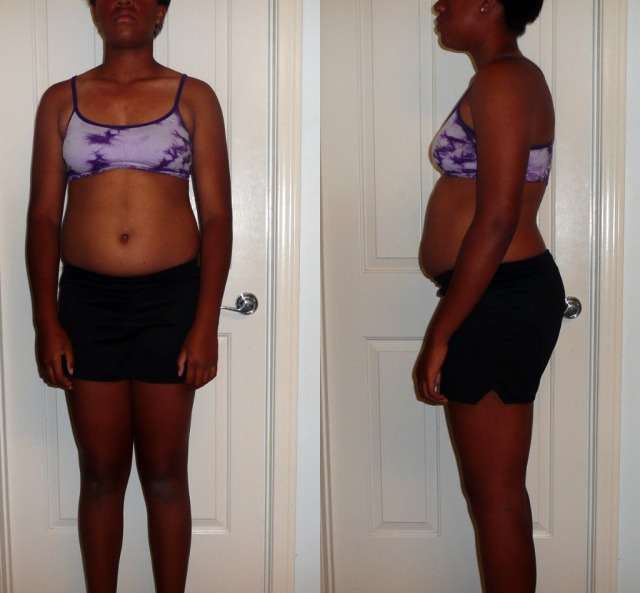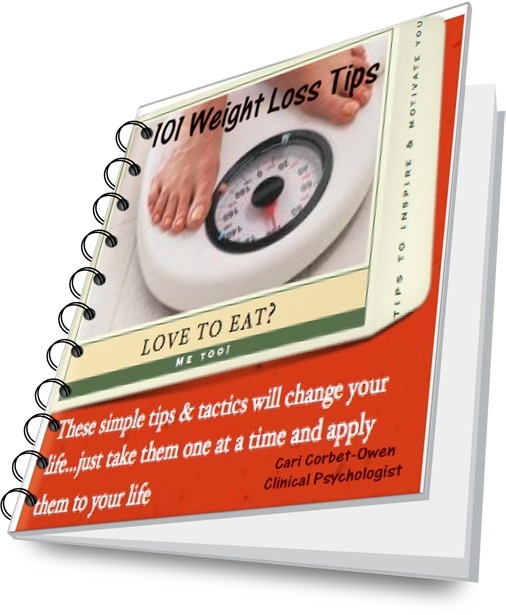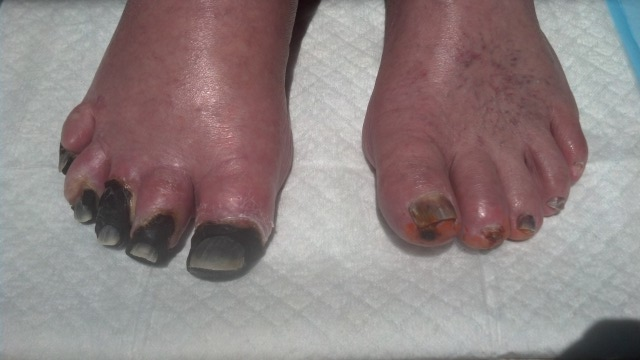How Your Diet Affects Hormones
What you eat has a significant impact on your hormones. This is because the foods you eat can either trigger or inhibit the release of certain hormones. Some foods can even mimic the effects of hormones, which can lead to health problems.
Here are some of the ways that your diet can affect your hormones:
* Estrogen: Estrogen is a hormone that is produced by the ovaries in women. It is responsible for many of the physical changes that occur during puberty, such as breast development and the onset of menstruation. Estrogen also plays a role in regulating the menstrual cycle and fertility. Some foods that can increase estrogen levels include soybeans, tofu, flaxseed, and licorice root.
* Progesterone: Progesterone is another hormone that is produced by the ovaries in women. It works together with estrogen to regulate the menstrual cycle and fertility. Progesterone also helps to maintain the pregnancy. Some foods that can increase progesterone levels include wild yams, black cohosh, and chasteberry.
* Testosterone: Testosterone is a hormone that is produced by the testes in men. It is responsible for many of the physical changes that occur during puberty, such as muscle development and the growth of facial hair. Testosterone also plays a role in regulating sex drive and erectile function. Some foods that can increase testosterone levels include red meat, eggs, oysters, and asparagus.
* Insulin: Insulin is a hormone that is produced by the pancreas. It helps to regulate blood sugar levels. Insulin also plays a role in fat storage and muscle growth. Some foods that can increase insulin levels include bread, pasta, rice, potatoes, and sugary drinks.
* Cortisol: Cortisol is a hormone that is produced by the adrenal glands. It is released in response to stress and helps to regulate the body's response to stress. Cortisol also plays a role in blood sugar regulation and immune function. Some foods that can increase cortisol levels include caffeine, alcohol, and sugary foods.
Eating a healthy diet that is rich in fruits, vegetables, and whole grains can help to keep your hormones in balance. Avoid processed foods, sugary drinks, and excessive amounts of caffeine and alcohol. If you are concerned about your hormone levels, talk to your doctor.
Here are some tips for eating a healthy diet that can help to keep your hormones in balance:
* Eat plenty of fruits and vegetables. Fruits and vegetables are low in calories and fat, and they are packed with vitamins, minerals, and antioxidants. These nutrients are essential for overall health and hormone balance.
* Choose whole grains over refined grains. Whole grains are a good source of fiber, which can help to regulate blood sugar levels and insulin levels.
* Limit unhealthy fats. Unhealthy fats, such as saturated and trans fats, can increase inflammation and lead to weight gain.
* Choose lean protein sources. Lean protein sources, such as fish, chicken, and beans, can help to build muscle mass and burn fat.
* Avoid processed foods and sugary drinks. Processed foods and sugary drinks are high in calories and low in nutrients. They can also contribute to weight gain and hormone imbalances.
* Drink plenty of water. Staying hydrated is important for overall health and hormone balance.
If you are concerned about your hormone levels, talk to your doctor. They can recommend a healthy diet and lifestyle plan that can help to keep your hormones in balance.
-
SPARKLING WATER
QuestionI am sorry to come back, but I thought that your answer w
-
gaining weight once again
QuestionIf you starve yourself long enough, is it true that your
-
RE: Slow in weight loss
QuestionHi there, At the moment I am a 5.7 female, weighing 208l
-
Red meat and inflammation
QuestionDo you have an opinion on red meat? I have found that the
-
Cholesterol Control
QuestionHi Todd, I抦 trying to get my cholesterol down. I kn
-
Gainig weight while exercising?
QuestionMy girlfriend has been excerising the past month for 5 da



